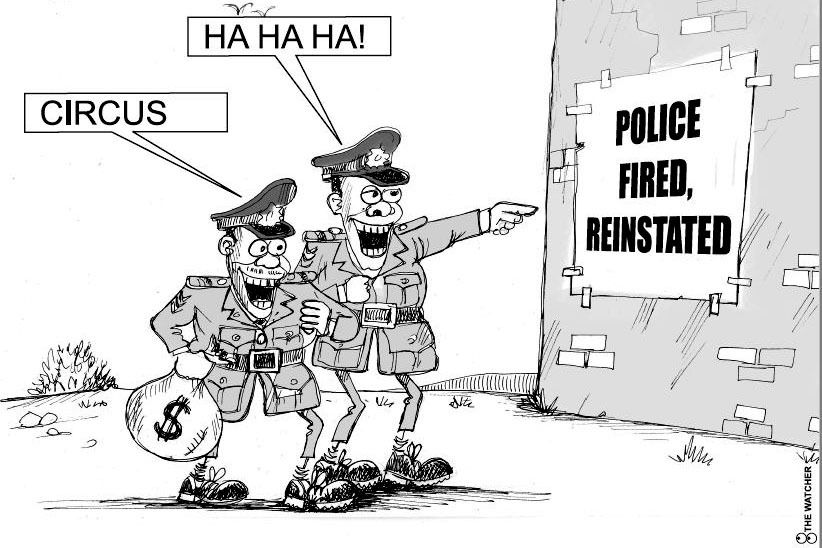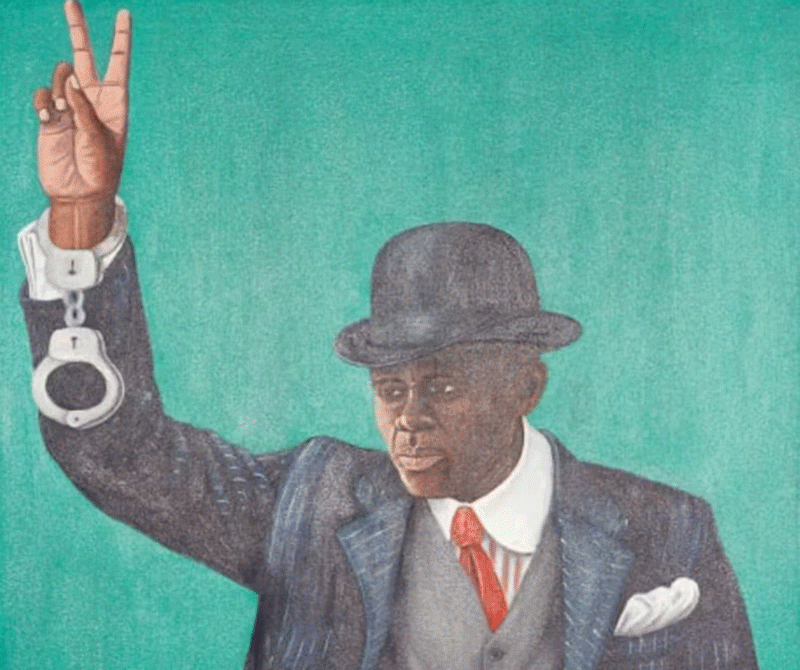
AS the top-heavy structures at the Zimbabwe Republic Police (ZRP) are dismantled, the public hopes the new structure will be more modest, professional and lean. The remuneration packages, too, need overhaul.
The reward management structure must be replaced with one that puts more emphasis on quality and experience, globally competitive salaries adjusted for purchasing power parity, with less emphasis and focus on extravagant perquisites.
The organisational structure should revert to the days of one commissioner and four or five deputy commissioners.
The tenure in these high offices must strictly be non-renewable, as the possibility of tenure renewal compromises the professionalism of these senior officers. If need be, the Constitution must be amended.
A non-renewable six-year term for the commissioner and a seven-year one for the deputies would be most ideal.
Appointment to these lofty ranks must be ratified by Parliament after nomination by the President.
The five or six senior officers must have a balanced skills basket that covers accounting and forensic auditing, human resource management, law and criminology.
As the force is being revamped to a service, foreigners with the right skills and experience may also be considered for these offices for periods of up to five years provided there are no suitable local applicants with a learning mindset.
- Chamisa under fire over US$120K donation
- Mavhunga puts DeMbare into Chibuku quarterfinals
- Pension funds bet on Cabora Bassa oilfields
- Councils defy govt fire tender directive
Keep Reading
The leaner structure means the total ZRP headcount could, over a five-year period, be reduced by half, equating to some 20 000 officers, with the retrenched and under 45 years of age going into reserves.
Going forward, the entry qualification ought to be raised to a college degree, with at least two to three years’ further post-graduate training, unless one is a lawyer, in which case a year will do.
Height, weight and health requirements must be restored, while technology is embraced — be it in traffic control, big data mining, crime recording, forensic sciences and investigation.











